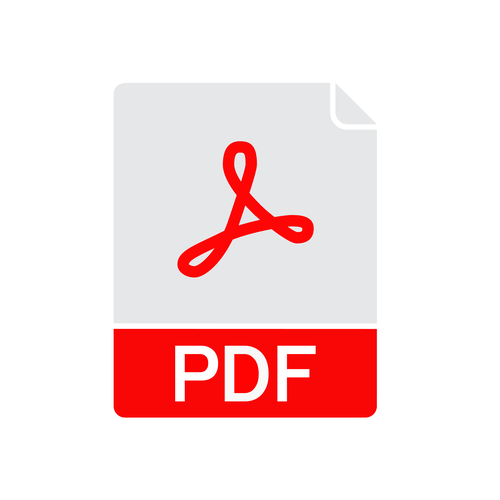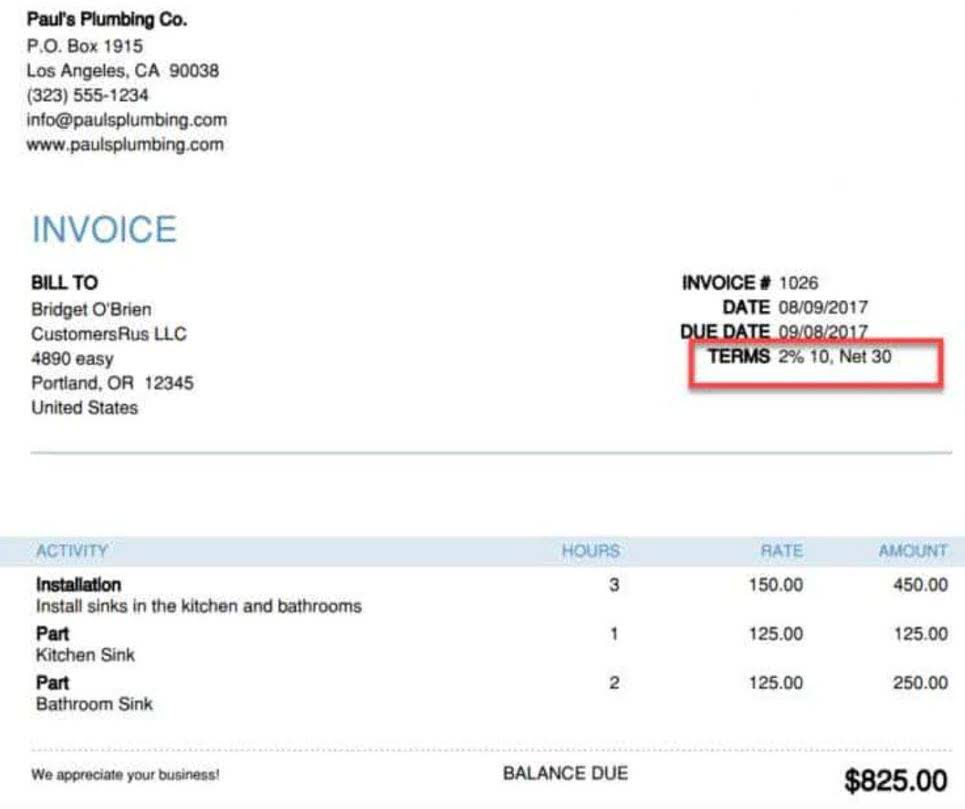Cost accounting, for example, helps businesses determine the cost of producing goods or services, enabling more accurate pricing decisions. Managerial accounting, on the other hand, focuses on internal analysis to support strategic initiatives like process improvement or resource allocation. For instance, an income statement showing declining profit margins might prompt management to investigate cost-saving measures or reconsider pricing strategies. Similarly, a cash flow statement revealing liquidity issues could lead to adjustments in credit terms or a focus on accelerating collections.
What Are Accounting Principles?
Accounting provides data-driven insights, enabling businesses to make informed decisions regarding investments, expansions, and accounting meaning cost management. It communicates the monetary activities of an organisation to buyers, regulators, and bosses. By imparting insights into profitability, cash flow, and economic stability, Accounting empowers businesses to strategise, grow, and remain compliant with legal requirements. It is a necessary tool for developing trust and lengthy-term achievement. In accounting, only those transactions, which have monetary value, are recorded. And those transactions which do not have financial value whether those are important in business are not recorded in the accounting.
Accounting: Definition, Types, and Examples
Specialises in preparing and filing tax returns while ensuring compliance with tax laws and identifying tax-saving opportunities. Accounting information when properly recorded can be used to compare the results of one year with those of earlier years so that the significant changes can be analyzed. Accounting helps in the computation of the profits of different departments of an enterprise which help in fixing the responsibility of departmental heads. In most other countries, a set of standards governed by the International Accounting Standards Board named Legal E-Billing the International Financial Reporting Standards (IFRS) is used. By 1880, the modern profession of accounting was fully formed and recognized by the Institute of Chartered Accountants in England and Wales.
What Types of Careers Are in the Accounting Field?
The role of an accountant is to responsibly report and interpret financial records. All expenses related to a revenue-generating transaction should be recorded at the time the revenue is recognized. That is, you can’t boost your supposed profits by recording your gains at one time and the costs to get them at another. Whereas you might only periodically consult your accountant, a bookkeeper touches base more frequently and handles daily accounting tasks. Regardless of who you hire, knowing basic accounting principles can help you understand your business better and have more productive conversations with your financial team.
Concept of Accounting Process
Thus, analysis of accounting information will help the management to assess in the performance of the business operations and forming future plans also. Accounting is the medium of recording business activities and it is considered a language of business. Accounting is a business language which explains the various kinds of transactions during a given period of time. Accounting is used by business entities for keeping records of their money or financial transactions. Financial accounts have two different sets of rules they can choose to follow.
- The professionals who lead these efforts possess deep, detailed technical proficiencies often developed through a bachelor’s degree program in accounting.
- Assets, liabilities, and equity accounts are reported on the balance sheet, which utilizes financial accounting to report ownership of the company’s future economic benefits.
- By aggregating data from individual accounts, businesses can prepare comprehensive financial reports that inform stakeholders about the company’s financial health.
- These rules are outlined by GAAP and IFRS, are required by public companies, and are mainly used by larger companies.
- Managers use this data for budgeting, forecasting, and evaluating operational efficiency.
Ways To Manage Your Business Accounting
Business owners should be able to enter transactions, reconcile accounts and interpret financial statements accurately. Consider a small business owner using Accounting software to track monthly revenue and expenses. By accurately recording and categorising income and expenses, they can generate key financial documents, such as a profit-and-loss statement and a balance sheet. These tools enable the business owner to monitor cash flow, evaluate business performance, and make informed financial decisions.
- Moreover, keeping accurate records helps ensure your business is prepared to file taxes, present information to investors or even apply for a loan.
- Accountants also distinguish between current and long-term liabilities.
- A balance sheet reports a company’s financial position as of a specific date.
- By understanding the principles of accounts and leveraging modern accounting tools, businesses can streamline their financial processes, make informed decisions, and achieve long-term success.
- These tools enable the business owner to monitor cash flow, evaluate business performance, and make informed financial decisions.
- To help manage your business finances, we’ll explain accounting types, tasks, and frequently asked questions.
Facilitates decision-making for management
- This standardization makes it much easier for business owners, investors and government agencies to understand financial statements.
- In every transaction, there is a movement of value from one source to another.
- Real accounts are permanent accounts, they are recorded in the balance sheet and are not closed at the end of an accounting year.
- For example, hiring an additional employee is qualitative information with no financial character.
- The concept of accounts has evolved significantly over time, adapting to the complexities of modern business environments.
They balance sheet are nonetheless not involved in the actual operations of the company. Service businesses offer intangible products to customers using their skills and expertise. Merchandising businesses buy goods and sell the same at higher prices. Manufacturing businesses purchase goods and use them to make new products that are to be sold. It is a means through which business entities communicate information to different users. For example, GAAP permits using last-in, first-out inventory accounting methods but doesn’t allow for inventory reversals, while IFRS has banned the former but allows the latter under certain conditions.
Maintaining systematic records
In the example above, the consulting firm would have recorded $1,000 of consulting revenue when it received the payment. The simple things we do and encounter everyday can actually be related to some level of accounting. You make budgets, count change and check the receipts from the supermarket. You may also have listed things you spent your money on at one point in your life. For example, hiring an additional employee is qualitative information with no financial character.







